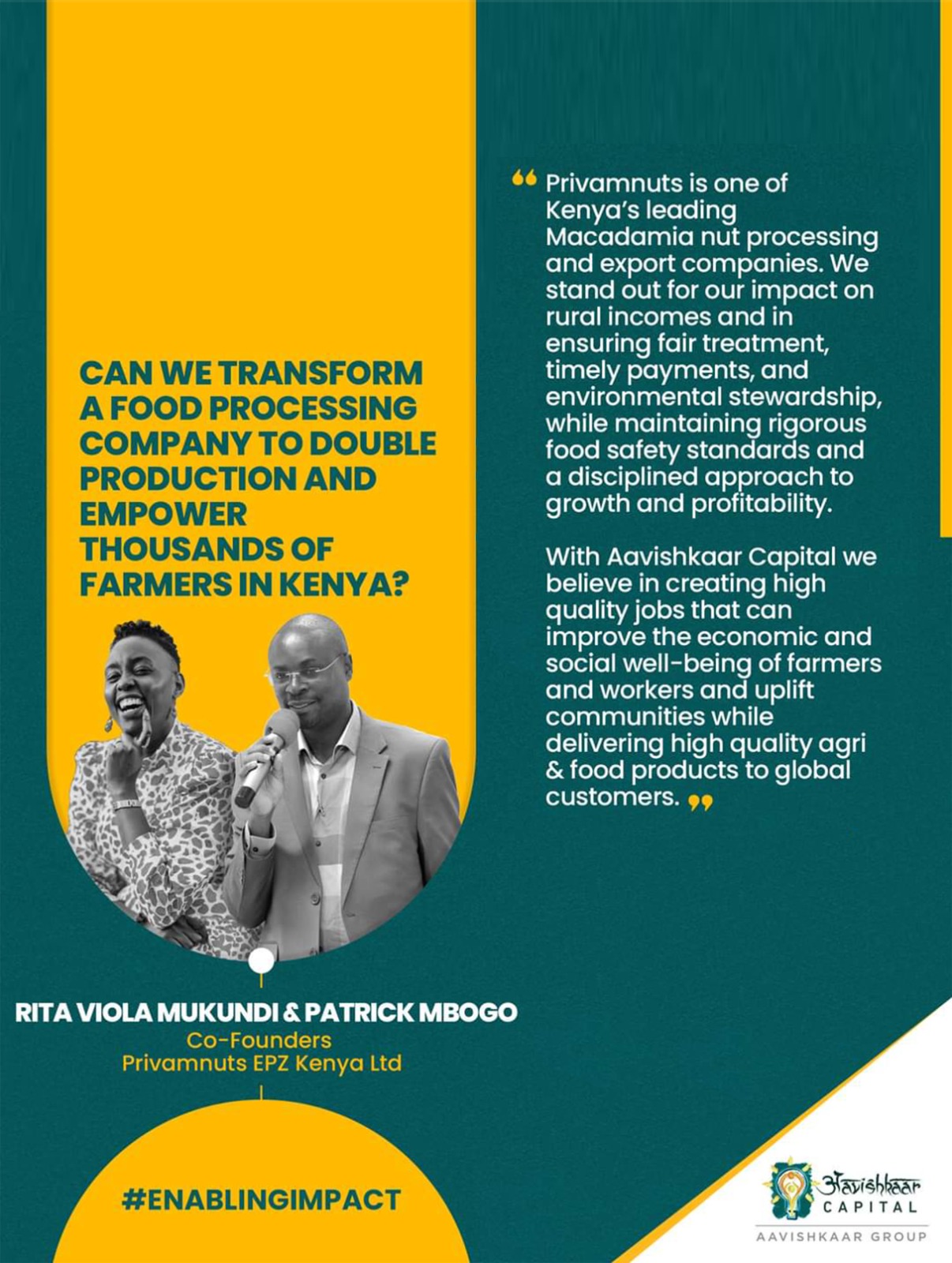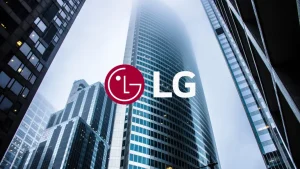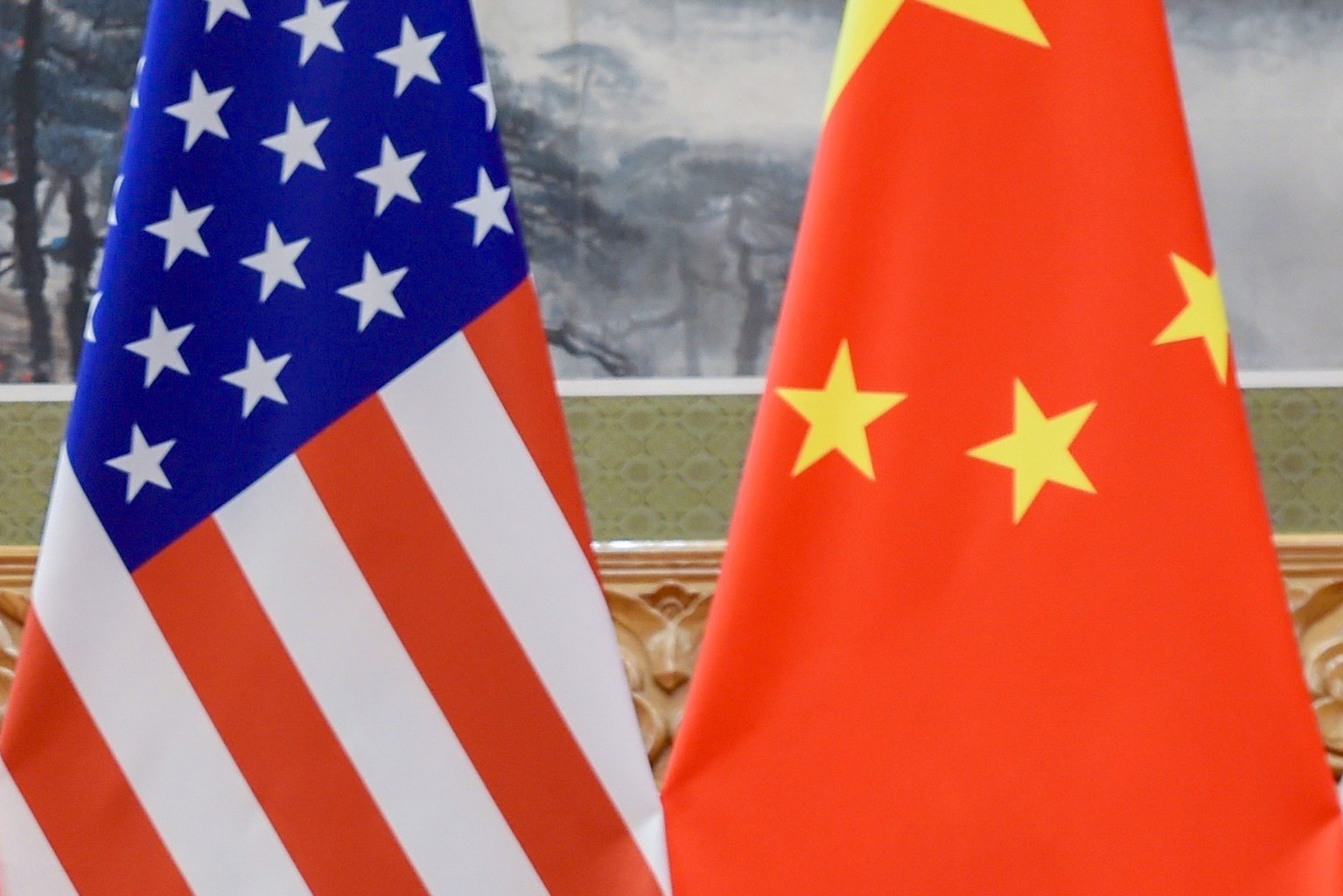
- America at a Crossroads: Navigating Unity, Leadership, and Global Influence in a Divided Era;
U.S. Vice President Kamala Harris delivered a historic speech, accepting her nomination to run for the presidency by the Democratic Party. In her address, she reflected on the dedication of generations before her who believed in equality, liberty, and justice.She noted that this week marks the 100th anniversary of the passage of the 19th Amendment, which granted women the right to vote and paid tribute to those who fought for that right.
Harris recalled how many Black women who helped secure this victory were prohibited from voting; however, they organized, testified, rallied, marched, and fought for a seat at the table.
Their efforts paved the way for the trailblazing leadership of Barack Obama and Hillary Clinton.
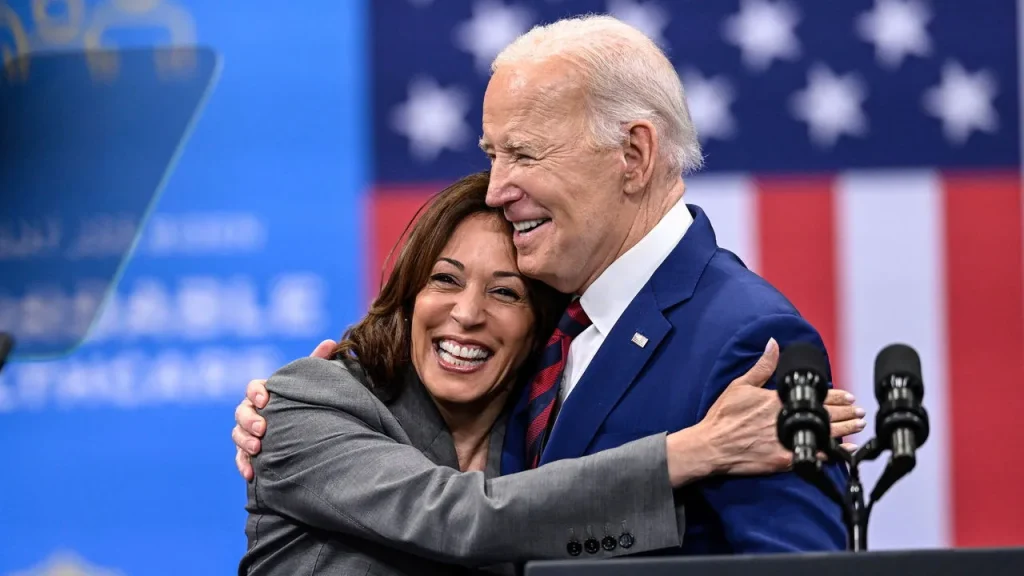 As expected, she spent considerable time discussing her roots to help Americans get to know her better. Harris recounted her mother, Shyamala Gopalan Harris’s journey as an immigrant from India, her upbringing in a working-class neighbourhood in Oakland, California, and her decision to become a lawyer and prosecutor.
As expected, she spent considerable time discussing her roots to help Americans get to know her better. Harris recounted her mother, Shyamala Gopalan Harris’s journey as an immigrant from India, her upbringing in a working-class neighbourhood in Oakland, California, and her decision to become a lawyer and prosecutor.
She noted that her mother instilled in her and her sister, Maya, the values that would chart the course of their lives, teaching them to be proud, strong Black women and to embrace their Indian heritage. She also pushed them to see a world beyond themselves, be conscious and compassionate about all people’s struggles, and believe that public service is a noble cause and that the fight for justice is a shared responsibility.
Harris is the first woman of colour to become a major party’s presidential nominee. Her convention speech outlined what she would do if she won the White House, calling for unity and a pathway beyond the “bitterness, cynicism, and divisive battles” of modern American politics. She also addressed abortion rights, framing them as essential to preserving freedom. Harris devoted particular attention to foreign policy, linking herself to President Biden several times.
She pledged to ensure that Israel could always defend itself, noted the brutality of the October 7th Hamas attack, and acknowledged the suffering in Gaza while calling for Palestinian self-determination.
On the economic front, Harris proposed the “Opportunity Economy” program, which addresses high grocery expenditures, the costs of raising a family, and housing affordability. This includes focusing on companies that make “excessive” profits on food and groceries, lowering the price of expensive medications, increasing the child tax credit for middle- and low-income families, and creating tax breaks to encourage new home construction and subsidize first-time homebuyers.
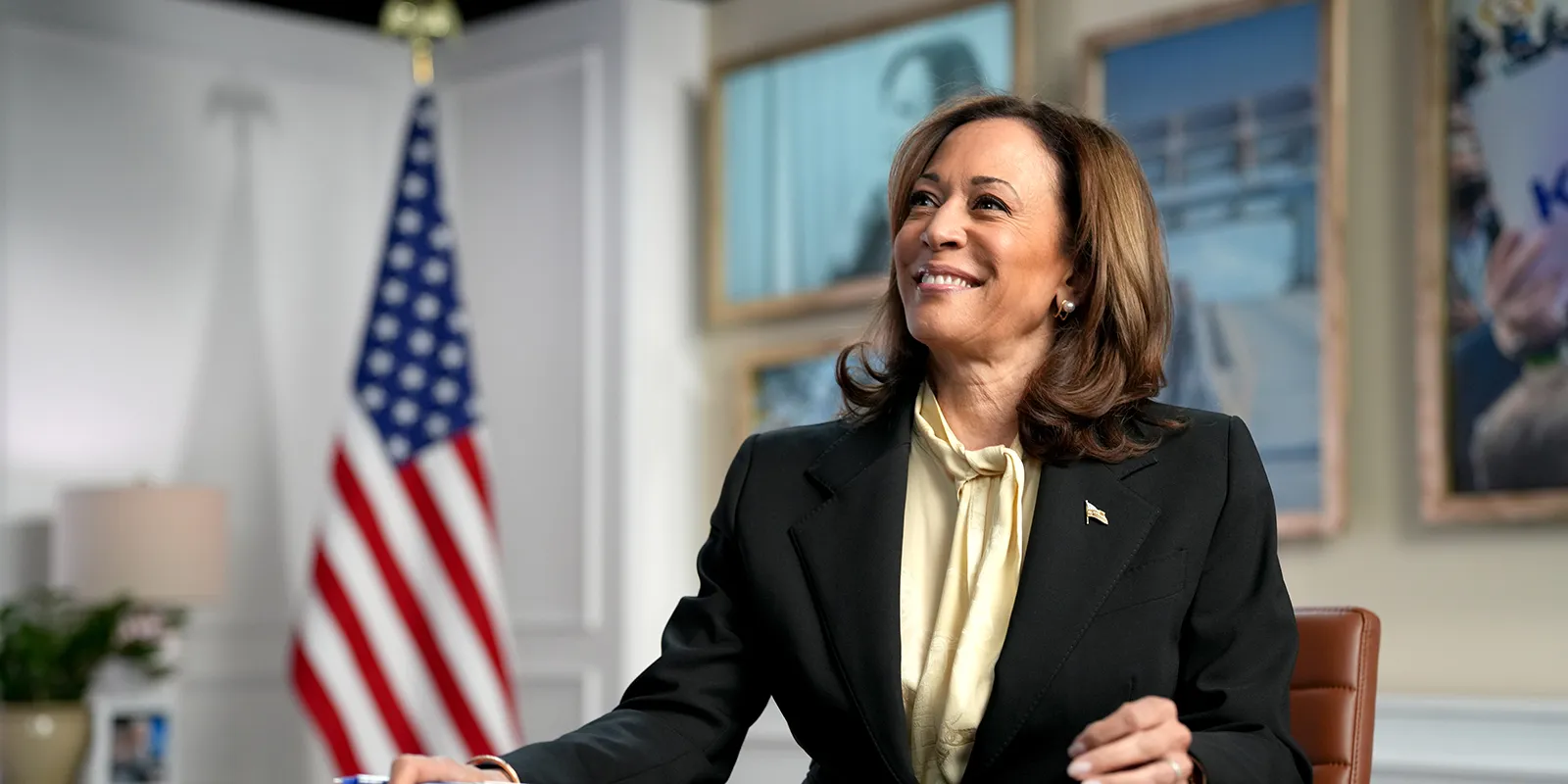 In mid-July, Donald Trump’s turn was to address the Republican National Convention in Milwaukee. As usual, Trump spoke with confidence, strength, and hope, promising an incredible victory in four months and the beginning of the most significant four years in U.S. history. Like Harris, he emphasized the need to heal societal divisions and unite Americans for a shared destiny, accepting the nomination for president on behalf of ALL of America, not just half.
In mid-July, Donald Trump’s turn was to address the Republican National Convention in Milwaukee. As usual, Trump spoke with confidence, strength, and hope, promising an incredible victory in four months and the beginning of the most significant four years in U.S. history. Like Harris, he emphasized the need to heal societal divisions and unite Americans for a shared destiny, accepting the nomination for president on behalf of ALL of America, not just half.
Trump spent a significant amount of time discussing the attempted assassination incident in Butler Township, Pennsylvania, detailing how he was hit by a bullet and dropped to the ground.
Despite the attack, Trump said he felt safe, believing God was on his side. He acknowledged that he was not supposed to be at the convention that night but saw it as a providential moment.
The former president outlined his agenda for America’s renewal, including economic relief, ending the waste of taxpayer dollars fueling the inflation crisis, extending the Electric Vehicle Mandate, and bringing auto jobs back to the country through proper use of taxes, tariffs, and incentives. He vowed not to allow other countries to take jobs and plunder the nation, insisting on building in America and only in America.
Among other promises, Trump pledged massive tax cuts for workers, including no taxes on tips. He vowed to lower taxes further than Democrats have promised, protect Social Security and Medicare, and ensure that incomes would skyrocket, inflation would vanish, jobs would return, and the middle class would prosper like never before.
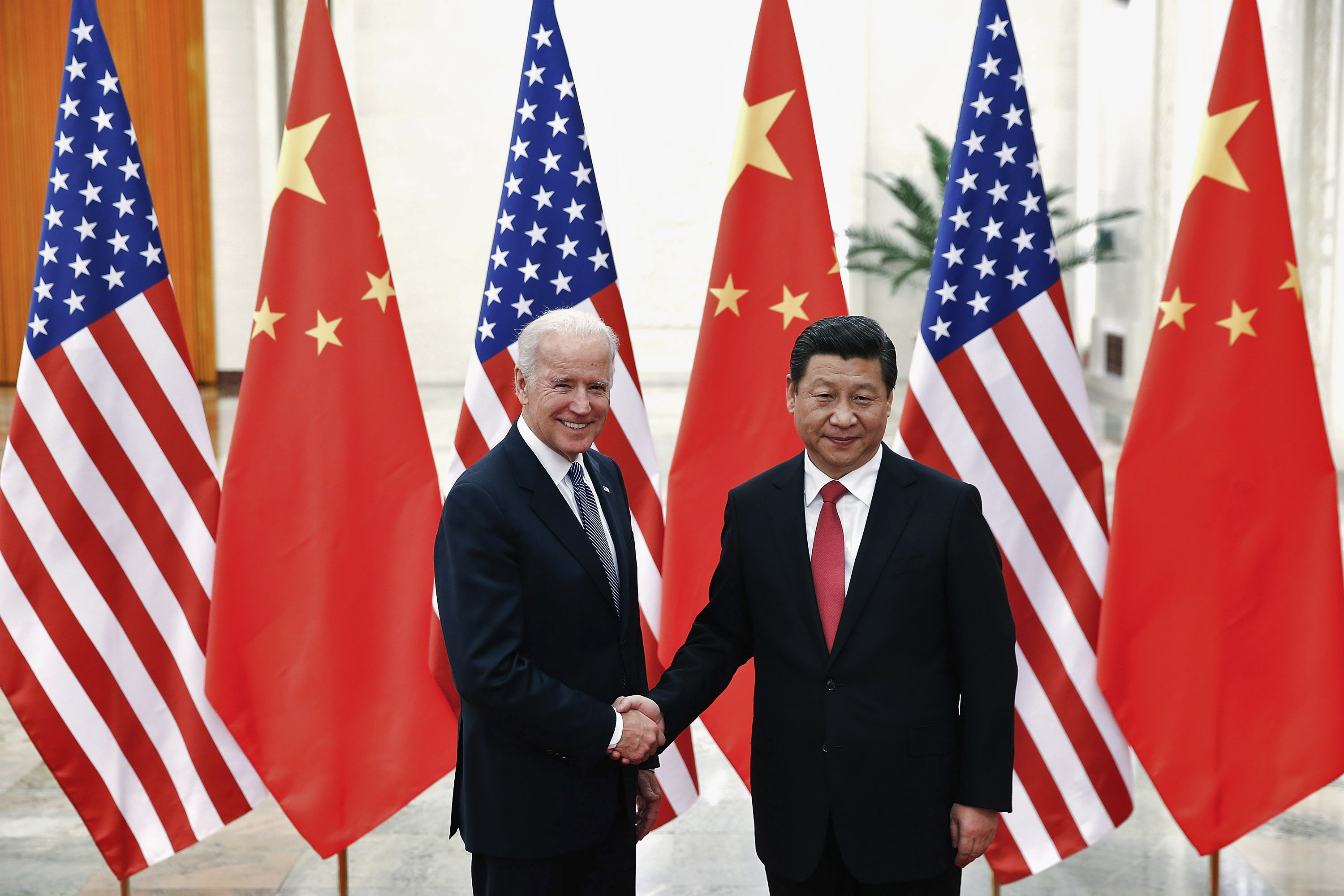 Beyond the economy, the Republican platform aims to end the illegal immigrant invasion at the Southern Border and restore the sacred and sovereign borders of the United States. Trump described what he sees as the most significant invasion in history taking place in the U.S., with immigrants coming from every corner of the earth, including from prisons, jails, mental institutions, and insane asylums. He claimed that the crime rate in the U.S. is increasing while crime statistics worldwide are plummeting due to the influx of murderers, drug dealers, terrorists, and criminals.
Beyond the economy, the Republican platform aims to end the illegal immigrant invasion at the Southern Border and restore the sacred and sovereign borders of the United States. Trump described what he sees as the most significant invasion in history taking place in the U.S., with immigrants coming from every corner of the earth, including from prisons, jails, mental institutions, and insane asylums. He claimed that the crime rate in the U.S. is increasing while crime statistics worldwide are plummeting due to the influx of murderers, drug dealers, terrorists, and criminals.
Both candidates promised to be presidents for all of America and called for unity and a pathway beyond the “bitterness, cynicism, and divisive battles” of modern American politics. However, behind the razzmatazz of conventions, there is fear among Americans and their allies that something may go awry in this electoral cycle.
America is a global superpower that has shaped history for over two centuries. Its political system, based on democracy, federalism, and the rule of law, has been a model for many other nations. Its technological innovation, driven by a culture of entrepreneurship, creativity, and competition, has been a source of economic growth, social progress, and military strength. Its cultural influence, spread by its media, entertainment, and education, has been a force for diversity, freedom, and human rights.
However, the U.S. faces many challenges and uncertainties in the 21st century. Its political system is polarised and gridlocked, and many citizens mistrust it. New competitors, ethical dilemmas, and environmental risks disrupt its technological innovation. Rising powers, ideological rivals, and cultural backlash contest its cultural influence.
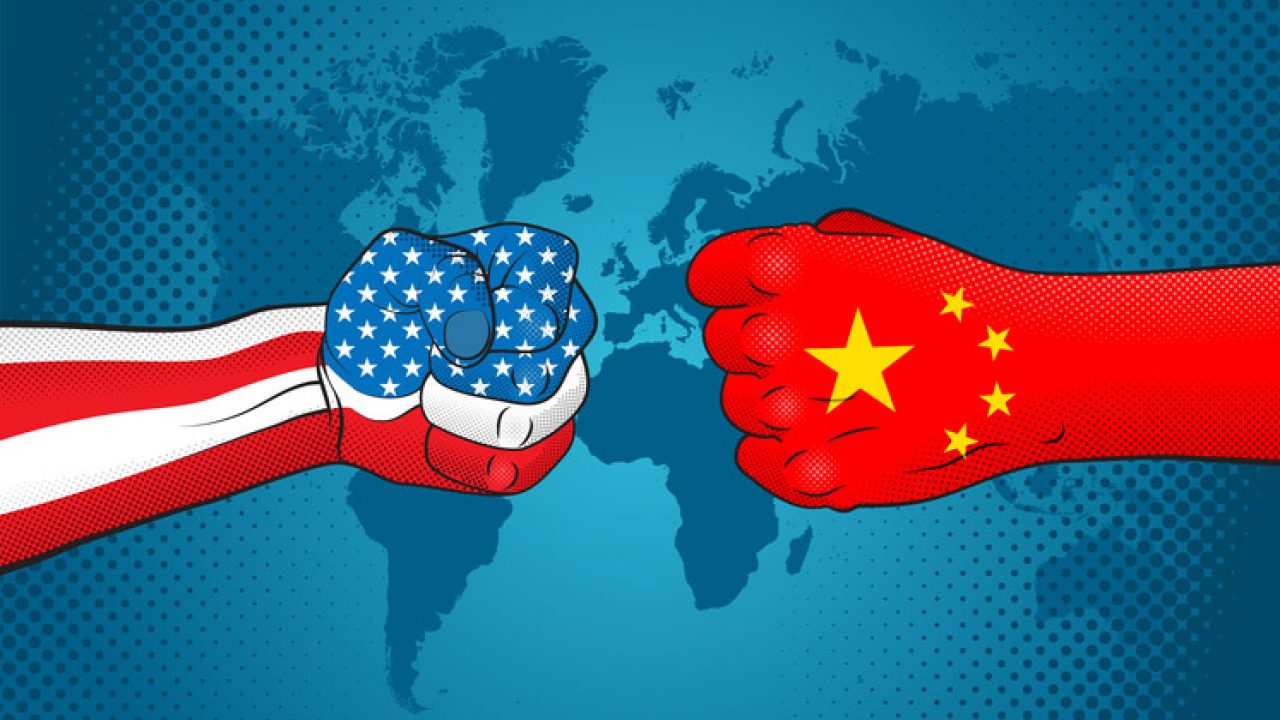 Its role in the world is questioned by its allies, adversaries, and even itself. How will the United States cope with these challenges and leverage its opportunities? How will its politics and culture affect the future of the world? These are the questions on people’s minds, including Americans’.
Its role in the world is questioned by its allies, adversaries, and even itself. How will the United States cope with these challenges and leverage its opportunities? How will its politics and culture affect the future of the world? These are the questions on people’s minds, including Americans’.
A two-party system, a separation of powers, and a system of checks and balances characterize American politics. These features are designed to prevent the concentration of power, protect the rights of minorities, and ensure accountability and responsiveness. However, they also create challenges for effective governance, especially in times of crisis, complexity, and change.
For example, political parties have become more ideologically homogeneous, more hostile to each other, and more aligned with social and cultural identities. This has reduced the scope for compromise, cooperation, and consensus, increasing the risk of gridlock, dysfunction, and extremism.
Diverse influences, such as immigration, religion, media, and education, shape American culture. These influences have created a dynamic, creative, and pluralistic culture.American culture has been a source of soft power, attracting and inspiring people worldwide with its values, ideals, and lifestyles.However, American culture also faces challenges and contradictions in the 21st century.

Immigration has been politicised despite the U.S. being a multicultural and multiracial society with a history of immigration, assimilation, and integration. While this diversity has enriched the American identity, it also creates conflicts and tensions over different groups’ definitions, recognition, and representation.
The U.S.’s liberal and democratic society, with a tradition of individualism, rights, and freedoms, empowers people but also creates challenges and dilemmas regarding these freedoms’ limits, obligations, and consequences.These dynamics make the U.S. a global and influential society with a significant role and responsibility, enabling the country to shape the world and creating expectations and criticisms over its actions, values, and interests.
U.S. society, culture, and politics are complex and contradictory phenomena that reflect a global superpower’s diversity, dynamism, and dilemmas.
It has a unique and influential role in the world but faces many challenges and criticisms. It is a source of inspiration and admiration, but it is also a source of resentment and opposition. To understand the U.S., one must examine its history, values, institutions, and interactions with other countries and regions.
One must also acknowledge its strengths, weaknesses, achievements, failures, opportunities, and threats. The U.S. is not a monolithic or static entity but a pluralistic and evolving one. Despite its growing political differences, it remains a complex and fascinating country, offering endless opportunities for study and understanding.
- The Author is Kenya’s Ambassador to Belgium & EU | Professor of Entrepreneurship | Technocrat | Columnist






